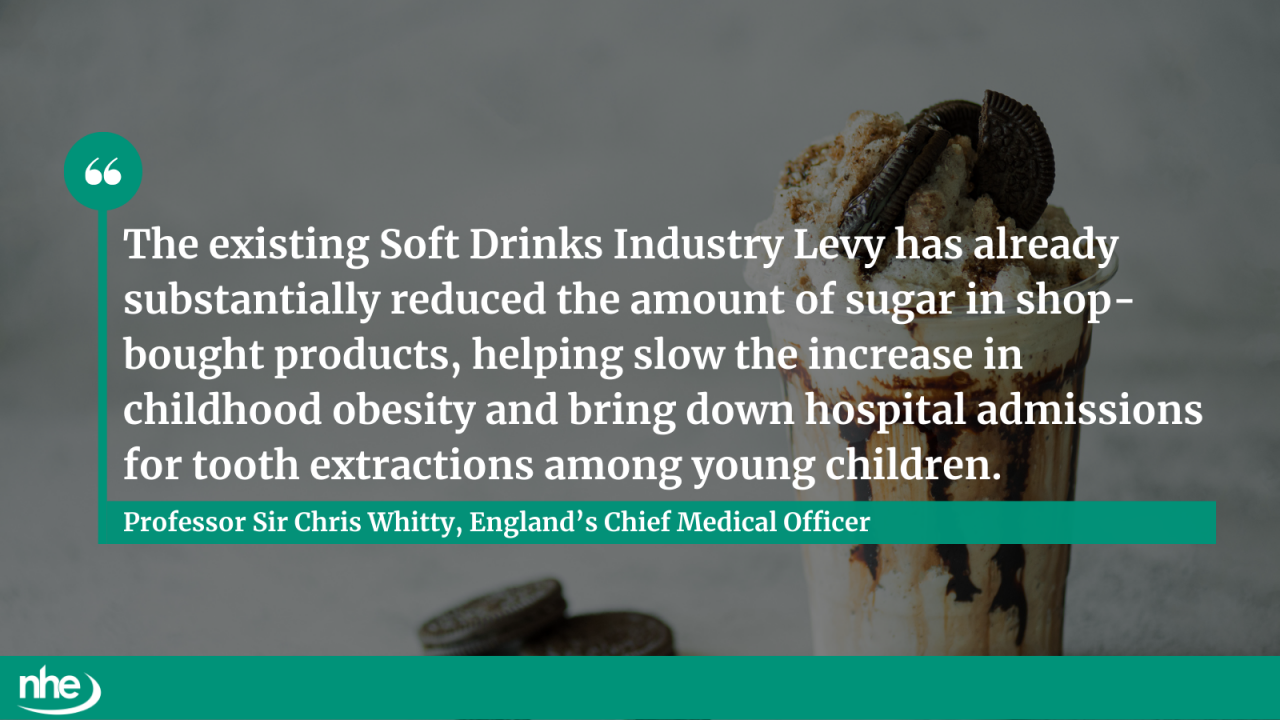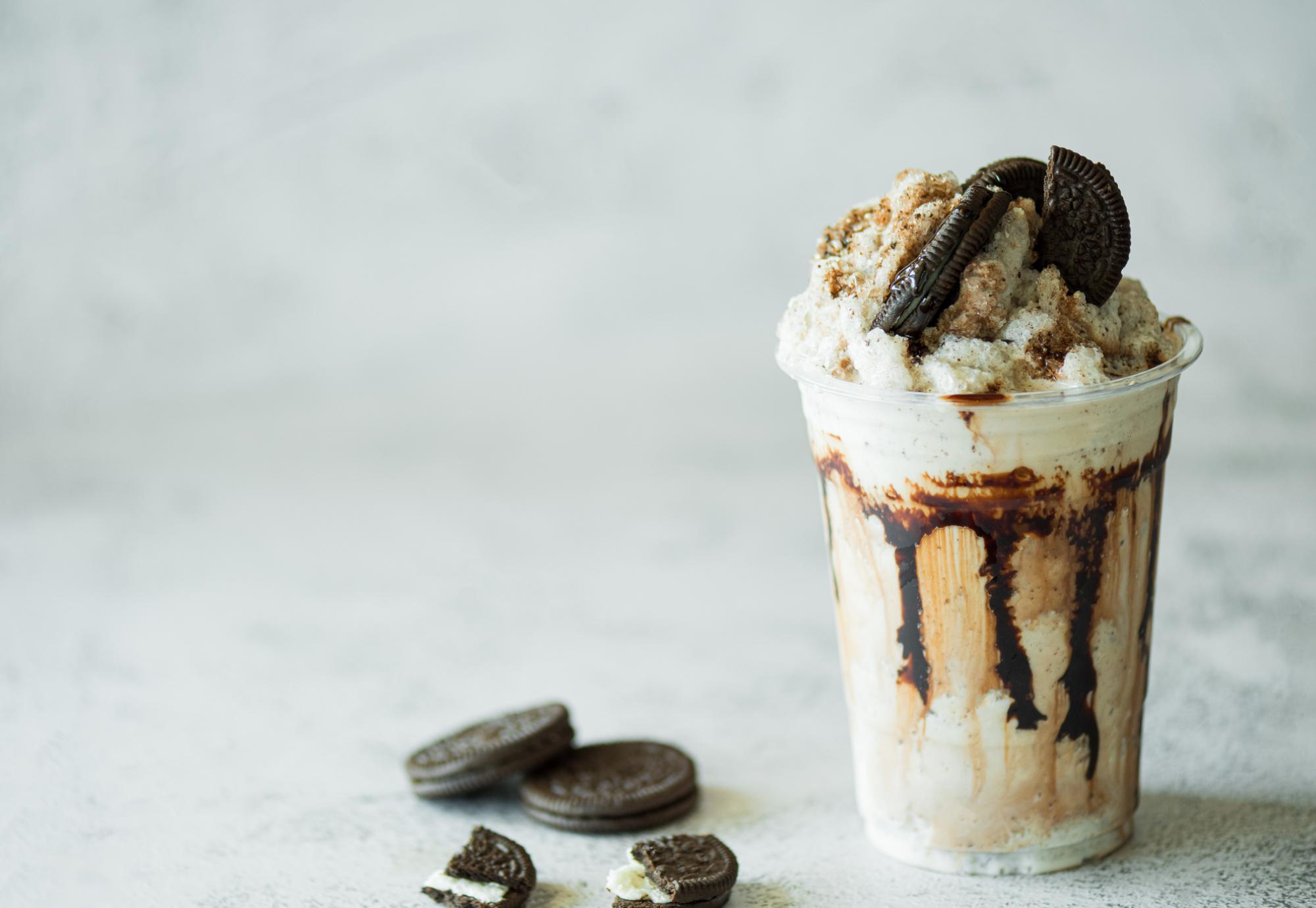Children will have a healthier start to life as the government announces an extension of the Soft Drinks Industry Levy to cover more high-sugar drinks, making it easier for families to choose lower-sugar options.
The changes will apply the levy to pre-packaged milk-based and milk-alternative drinks with added sugar, including supermarket milkshakes, flavoured milks, sweetened yoghurt drinks, chocolate milk drinks and ready-to-drink coffees.
Previously exempt, these products often contain as much added sugar as fizzy drinks, where sugar is added separately to milk. Since the levy was introduced, the average sugar content of drinks in scope has fallen by almost 50%. Plain, unsweetened milk and milk-alternative drinks will remain exempt.
The threshold for sugar content will be lowered from 5g to 4.5g per 100ml, meaning more high-sugar drinks will fall under the levy unless manufacturers reduce sugar. Businesses have until 1 January 2028 to reformulate products.
This levy targets manufacturers and importers, incentivising reformulation. Previous measures have led to companies halving sugar content in popular drinks to avoid the tax, and the government expects similar action under the extension.
Professor Sir Chris Whitty, England’s Chief Medical Officer, said:
“Creating an environment where children are encouraged to have drinks which contribute to increased levels of obesity can harm their health for the rest of their lives.
“The existing Soft Drinks Industry Levy has already substantially reduced the amount of sugar in shop-bought products, helping slow the increase in childhood obesity and bring down hospital admissions for tooth extractions among young children.”

Obesity is a leading cause of diabetes, heart disease, and cancer, costing the NHS £11.4 billion annually – three times the ambulance service budget. Alongside this, high sugar intake increases risks of childhood dental decay and obesity, with tooth decay the leading cause of hospital admissions among 5–9-year-olds in England.
Since 2015, the levy has cut sugar levels in affected products by almost half, reduced hospital admissions for caries-related tooth extractions by 28% among 0–4-year-olds and 5% among 5–9-year-olds, and increased sales of reformulated drinks by 13.5% between 2015 and 2024, proving consumer acceptance
The new plans are expected to:
- Reduce daily calorie intake by 4 million in children and 13 million in adults
- Prevent 14,000 cases of adult obesity and 1,000 cases of childhood obesity
- Deliver £1 billion in health and economic benefits, including £36m NHS savings, £30m reduced social care costs, and £221m in economic output
This measure is part of a wider government strategy to tackle obesity and prevent chronic diseases, including banning junk food adverts before 9pm, banning high-caffeine energy drinks for under-16s, and new local authority powers to restrict fast food outlets near schools.
Image credit: iStock



















